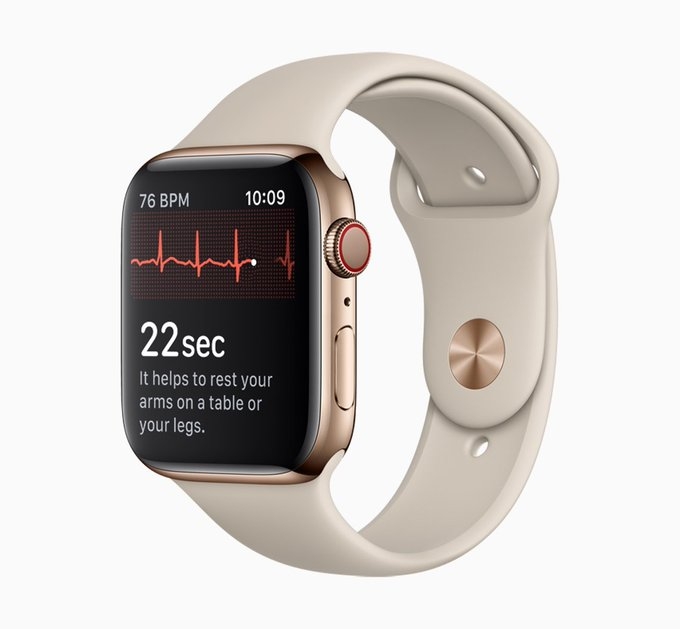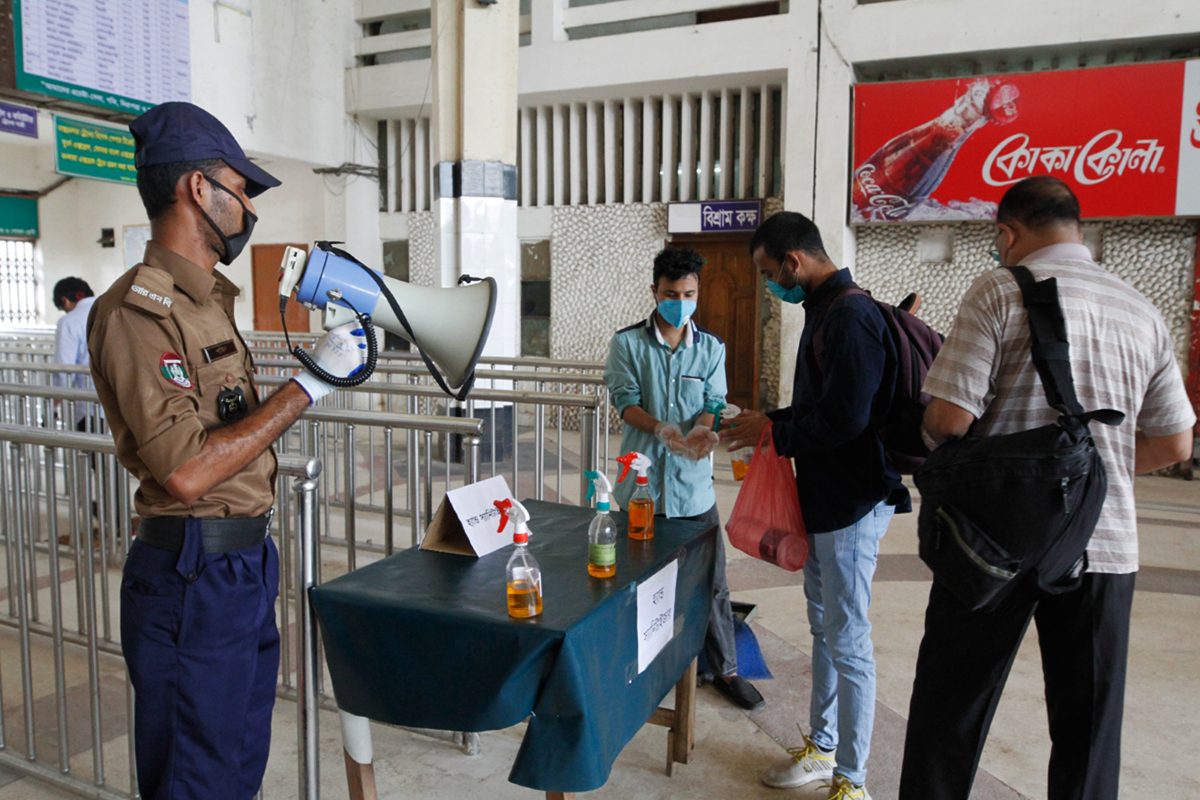As smart watches like Apple Watch come with capabilities to identify common heart rhythm disorder like atrial fibrillation (AFib), researchers have warned that at the moment, wearables do not have a defined place in such risk assessment.
The Smart Watch market is expected to grow to 929 million connected devices by next year. There is evidence that devices can help detect atrial fibrillation but the accuracy varies.
“There still is a problem with a lot of false positives, where the device claims a person has atrial fibrillation, but they do not,” said Professor Jens Cosedis Nielsen of Aarhus University Hospital, Denmark.
“Furthermore, if a smartwatch picks up 30 minutes of incidental atrial fibrillation in a person with no symptoms, we have no data on whether anticoagulation prevents stroke in this situation,” he explained in a paper published in EP Europace, a journal of the European Society of Cardiology (ESC).
Wearables may be very valuable in the future but at the moment they do not have a defined place in risk assessment, the authors wrote.

The probability of developing atrial fibrillation rises with increasing age, high blood pressure, obesity, diabetes, and prior heart attack.
Behaviour modification, such as reducing alcohol intake and losing weight, could prevent atrial fibrillation or delay onset.
“Accurate risk assessment enables earlier diagnosis and intervention — with lifestyle changes or medication — that could be preventative,” said Nielsen.
“To get the correct answer in assessing risk, we must use the tools that have been proven to accurately predict the condition or outcome,” he emphasized.
In patients with atrial fibrillation, the possibility of stroke increases with advanced age, heart failure, high blood pressure, diabetes, prior stroke or heart attack, and in women.
Research shows that anti-coagulant drugs dramatically reduce stroke risk in patients with a combination of these factors.
“Stroke is one of the worst things that can happen, and around one-quarter of them occur in patients with atrial fibrillation,” said Professor Nielsen.
“Strokes due to atrial fibrillation are more disabling than strokes with other causes. With a good risk assessment, we can avoid needless strokes.”
When it comes to ventricular tachyarrhythmia, the most common predisposing factor is a previous heart attack.
When combined with a poor pump function of the heart, patients are at increased risk of cardiac arrest and death.
Sudden death can be prevented by implanting a defibrillator (called an ICD or implantable cardioverter defibrillator), said the authors.









